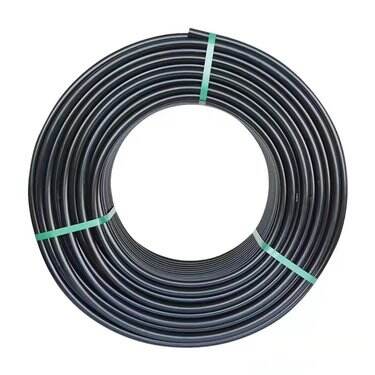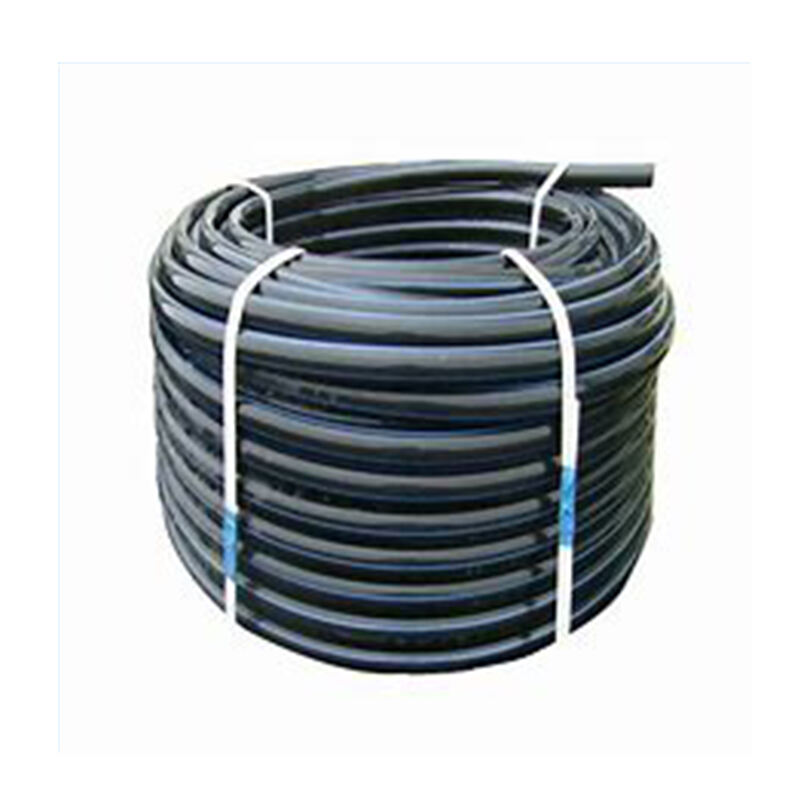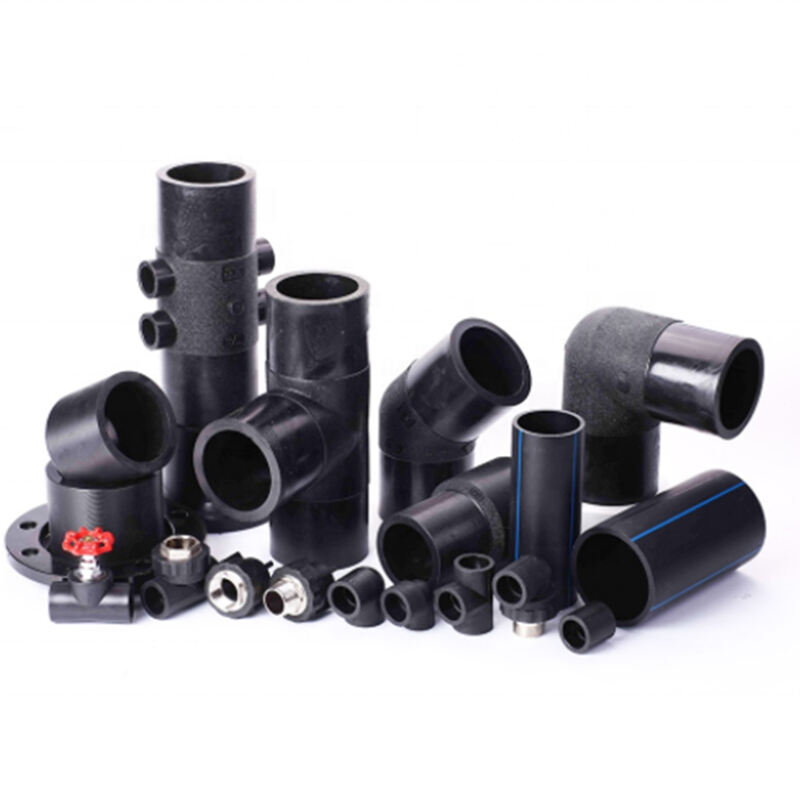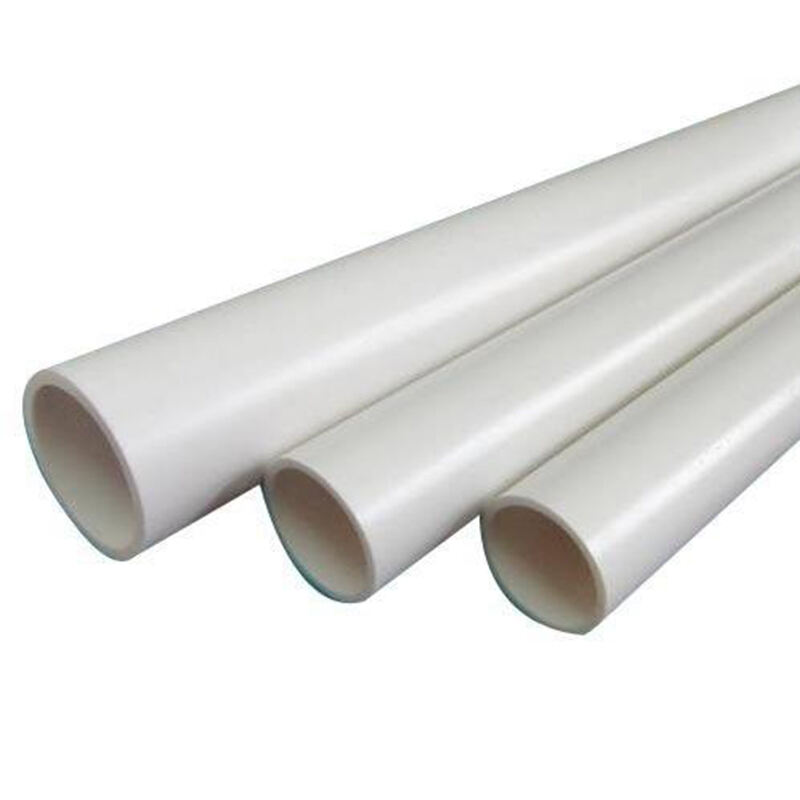HDPE pipe, or high-density polyethylene pipe, is a pipe made of high-density polyethylene (HDPE) material.
1. Material characteristics
Material composition: HDPE is a highly crystalline, non-polar thermoplastic resin with excellent corrosion resistance and can resist the erosion of a variety of chemical substances.
Processing method: HDPE can be manufactured by a variety of processing methods, such as sheet extrusion, film extrusion, pipe or profile extrusion, blow molding, injection molding and rotational molding.
2. Pipe characteristics
Corrosion resistance and wear resistance: HDPE pipe has excellent corrosion resistance and wear resistance, can withstand greater friction and pressure, and is not easy to damage.
Lightweight and easy to install: HDPE pipe is light in weight, easy to carry and install, reducing construction difficulty and cost.
Long life: HDPE pipe has a long service life, generally up to 50 years or more, reducing the frequency of replacement and maintenance.
Economic and environmental protection: HDPE pipe consumes less energy than steel pipe, cast iron pipe and copper pipe during production and transportation, and can be recycled, meeting environmental protection requirements.
3. Performance advantages
Cold resistance: In low temperature environment, HDPE pipes are not easy to be damaged and have good cold resistance.
Flexibility: When the pipe is vibrated or passes through the expansion joint, the HDPE pipe can be adjusted within a certain range and has good flexibility.
Low thermal conductivity: HDPE pipes are weak thermal conductors, with less heat loss and generally no condensation.
Impact resistance: Due to the special mesh molecular structure of high-density polyethylene, HDPE pipes have good impact resistance.
Noise reduction: The E elastic modulus of HDPE pipes is very low, which can effectively isolate sound transmission and reduce noise.
Corrosion resistance: HDPE pipes have high chemical resistance and are insoluble in most organic and inorganic substances.
Non-conductivity: HDPE pipes are insulators and are non-conductive.
Ultraviolet resistance: Adding a certain proportion of carbon black to HDPE can resist the aging and embrittlement of pipes caused by ultraviolet rays.
Non-toxicity: HDPE material is non-toxic and does not produce toxic gases during combustion. It can be used for food cling film and containers, etc.
IV. Application fields
Municipal water supply and drainage: used for water pipes, sewage pipes, rainwater pipes and other pipeline systems.
Agricultural irrigation: suitable for water pipes and sprinkler pipes in agricultural irrigation systems.
Chemical industry: widely used in the transportation of corrosive liquids such as acids, alkalis and salts.
Power industry: Due to the high insulation and high temperature resistance of HDPE pipes, they can be used for cable protection sleeves and thermal pipelines.



















